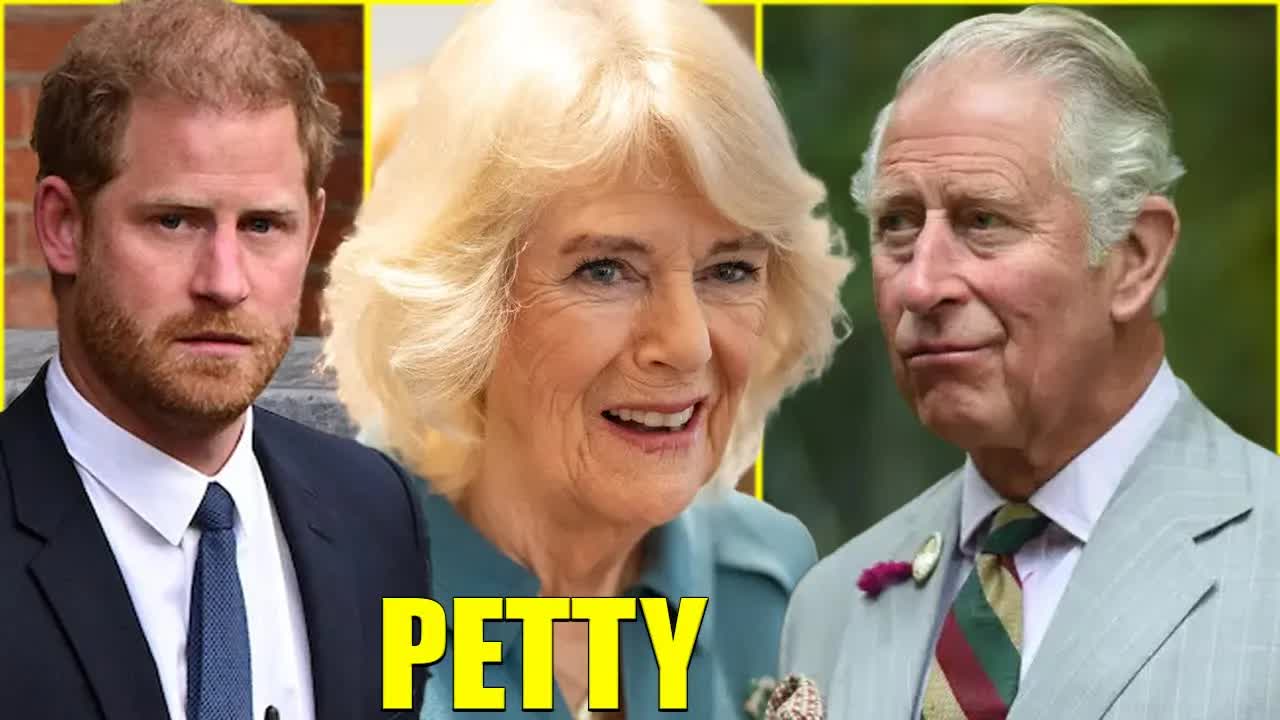Must Read
### Royal Engagements: A Day of Surprises and Reflections
In a heartwarming turn of events, St. Michael's Church of England High School in Raleigh Regis, Sandwell, recently hosted a special guest—Prince William.
The visit was sparked by a letter from a student named Freddie, who invited the Prince to witness the impactful initiatives that students are undertaking, particularly those aimed at supporting mental health.
Freddie pointed out the alarming statistic that suicide remains the leading cause of death among young males, emphasizing the need for open conversations about mental health.
The Prince's interest in Freddie's endeavors led to an unforgettable experience not just for him but for the entire school community.
During his visit, Prince William participated in a light-hearted radio segment where he was challenged to share a dad joke.
This moment drew the attention of comedian Jack Whitehall, who humorously lamented on social media about being “rinsed” by the future king, jokingly suggesting that his knighthood might be at risk due to the playful banter.
Freddie and his classmates found the experience both amusing and inspiring.
One teacher noted how significant it was for the students, reminding them that reaching out to others—like writing letters—can lead to extraordinary outcomes.
The visit served as a powerful reminder that dreams can indeed come true, encouraging students to aim high in their aspirations.
After leaving the school, Prince William continued his day by visiting Woodgate Valley Urban Farm in Birmingham, where he interacted with volunteers and local residents.
The farm, home to a variety of animals including pigs, sheep, and even guinea pigs, provided a delightful backdrop for the Prince's engagement.
In a particularly charming moment, he was seen grooming a guinea pig named Snowflake, who appeared quite surprised by the royal attention.
Snowflake's unexpected encounter with Prince William sparked a playful notion—imagine her prancing around with a little tiara, basking in her newfound fame.
This whimsical thought brought to mind some parallels with certain members of the royal family, particularly Meghan Markle, who often seems to revel in her celebrity status.
It raises an interesting question: how do we perceive royalty and fame?
In a recent interview, Sophie Trudeau, the ex-wife of Canadian Prime Minister Justin Trudeau, made headlines when she casually mentioned her acquaintance with Meghan.
Her remarks contrasted sharply with Meghan's previous claims of a close friendship, highlighting the discrepancies between public narratives and private realities.
It seems that as friendships fade, so too do the stories that once bound them.
The dynamics of Meghan's relationships have often been scrutinized, especially considering her history of leveraging connections to advance her own interests.
As she navigated through various social circles, it became evident that her ties were often strategic rather than genuine.
This web of relationships raises questions about authenticity in a world where connections can be as fleeting as they are transactional.
In a related vein, Meghan's recent business ventures have drawn criticism for their apparent lack of originality.
Reports suggest that she attempted to collaborate with established brands before launching her own similar concepts, leading to accusations of plagiarism.
This pattern of behavior has left many wondering about the sustainability of her brand in contrast to well-established entities that have built their reputations over years of hard work.
The disparity between Meghan's approach and that of other successful entrepreneurs like Martha Stewart or Chip and Joanna Gaines is stark.
These figures earned their acclaim through relentless dedication and perseverance, while Meghan's rise seems more reliant on her royal connections than on personal merit.
The difference in their trajectories serves as a reminder that genuine success often requires more than just ambition; it demands resilience and authenticity.
Meanwhile, Prince Harry's recent public appearance at an awards ceremony has also stirred conversation.
Sporting his military medals, he presented an award to U.S.
Sergeant First Class Elizabeth Marks, a gesture that many interpreted as an attempt to maintain a connection to his royal roots.
However, the nature of his medals raised eyebrows, as most were awarded not for military service but as gifts tied to his royal lineage.
Critics have pointed out that while Harry has every right to wear his medals, the context of their acquisition diminishes their significance.
His actions have led to questions about his commitment to the values associated with military service and the royal family.
As he continues to navigate his post-royal life, the challenge remains: how to reconcile his past with his present without losing sight of the principles that once defined him.
As the conversations surrounding the royal family and their engagements evolve, one thing remains clear: the interplay between public perception and personal narrative is complex.
Whether it's a heartfelt school visit or a controversial business venture, the stories we tell and the connections we forge shape our understanding of success, identity, and legacy in the modern world.




















